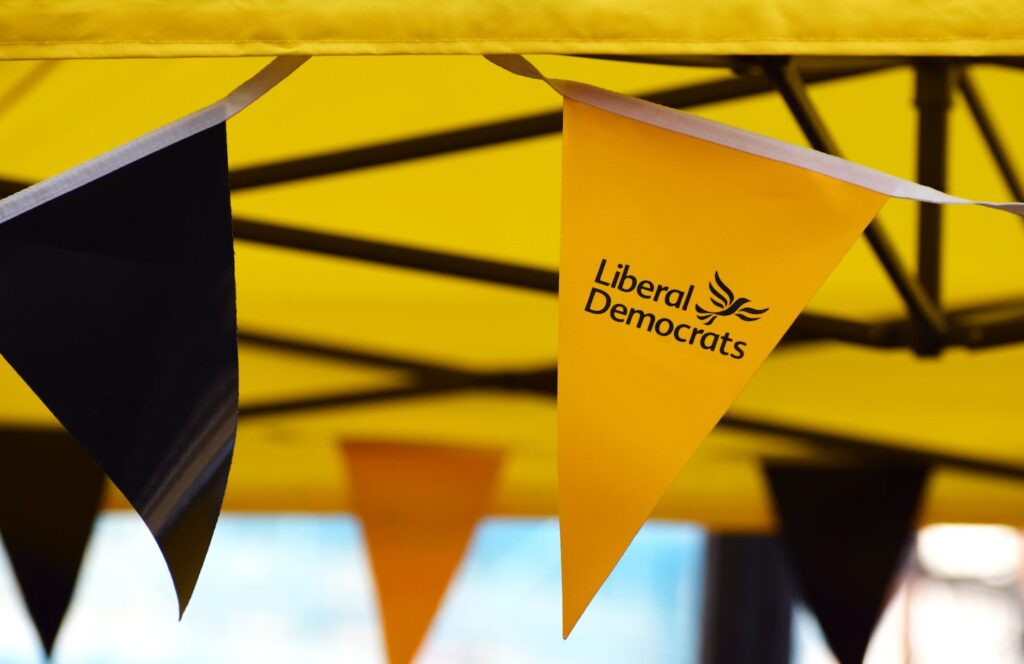The Liberal Democrats' announced technology policy includes additional support for local investment in small and medium-sized enterprises, an increase in the digital services tax and a more transparent AI framework.
The Liberal Democrats released their 2024 manifesto on Monday ahead of the July 4 general election.
Here are the key technology policies in the Liberal Democrat manifesto that the industry needs to know about:
Regional Investment
The UK's third-largest party called for an expansion of the British Business Bank (BBB) to focus on promoting investment in local business and technology.
BBB is a national development bank that invests in small and medium-sized enterprises. Although not limited to start-ups outside London and the South East, BBB has launched several regional development programmes, including the Northern Powerhouse Investment Fund and the Midlands Engine Investment Fund.
The Liberal Democrat manifesto says the party will give the BBB a “more central role in the economy” and “drive investment in the Northern Powerhouse, Western Gateway and Midlands Engine”.
The manifesto adds that the Liberal Democrats will “support larger businesses by using innovative ways to 'attract' private investment, particularly outside London and the South East”.
Skills Gap
The lack of digital skills in the UK workforce has been consistently pointed out by experts as an obstacle to economic growth.
To address this gap, the Liberal Democrats have promised to invest in education and training to increase the availability of apprenticeships and encourage businesses to invest in digital skills training.
The party said it would create a lifelong skills grant that adults can use to upskill and expand access to high-demand vocational degrees.
International cooperation
The party also wants to strengthen cooperation with Europe and the United States to provide better support for science, innovation and skills.
The Liberal Democrats said they would continue to take part in Horizon Europe, the EU's technology development programme, and join the European Innovation Council, which sits within Horizon Europe and focuses on commercialising breakthrough innovations in Europe.
Britain rejoined Horizon Europe last year after three years of absence following its referendum on leaving the EU.
AI Framework
The party said it would create a “clear, workable and adequately resourced cross-sectoral regulatory framework” on AI.
Details of the framework were not released, but the party said it would prioritise “transparency and accountability for public sector AI systems” and protecting the privacy of personal data in AI models.
The Liberal Democrats also said they would “negotiate with the US and EU on UK participation in the Trade and Technology Council” to allow the UK to play a leading role in international regulatory talks.
Research and Development
Supporting research and development (R&D) is the government's biggest request to the technology industry.
The Liberal Democratic Party has emphasized investment in research and development as another economic policy, aiming to increase the total amount invested in the development of new technologies to 3% of GDP by 2030 and to 3.5% by 2034.
The government's previous target was to invest 2.4% of GDP in research and development by 2027.
Digital Tax
To fund these ambitious investment targets, the Liberal Democrats are also calling for an increase in Digital Services Tax.
The tax, which covers search engines, social media and online marketplaces, was introduced in 2020 after the Liberal Democrats' manifesto promised to increase the rate from 2% to 6%.

